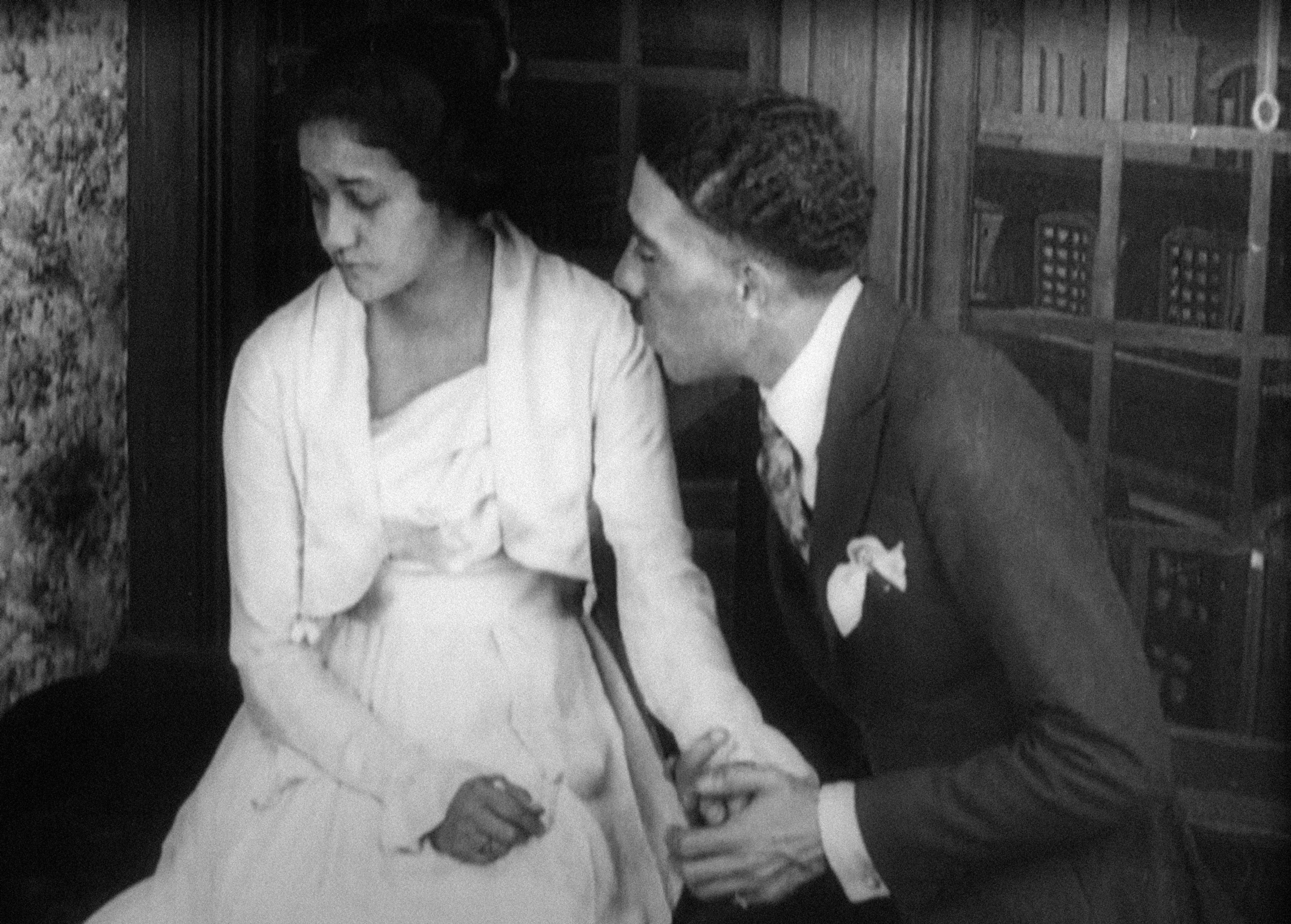The story of writer, producer, and director Oscar Micheaux is that of a ghost industry that might have been—in other words, an American film industry with plenty of latitude, opportunity and breathing space for filmmakers who weren’t primarily white. From the teens to the early 1950s, there was a small but thriving industry of films made primarily for Black audiences, commonly called race films. Micheaux was one of the genre’s most significant figures, and Within Our Gates stands both as a model of American film melodrama and an expression of the mores and attitudes in its day, in terms of how Black Americans saw themselves—as opposed to how they were seen by whites at the time. Sylvia Landry (Evelyn Preer) is a young woman from the South visiting her Northern cousin, Alma (Flo Clements), who also, as it turns out, is secretly in love with Sylvia’s fiancé. That personal drama becomes entwined with a greater one: after Alma engineers the dissolution of Sylvia’s engagement, Sylvia returns to the South and becomes deeply involved with a school striving to provide an education for underserved Black children. Her efforts to raise money for the beleaguered school—and her own complex backstory—form a kind of archway for Micheaux to discuss significant social events of the day, including the Great Migration and the murderous persistence of the Ku Klux Klan. Micheaux’s sturdy throughline is that education would cut a path forward for Black Americans. To watch Within Our Gates today is to see how far we haven’t come, and to mourn the country we are still waiting to become.
- Inside Elon Musk’s War on Washington
- Meet the 2025 Women of the Year
- The Harsh Truth About Disability Inclusion
- Why Do More Young Adults Have Cancer?
- Colman Domingo Leads With Radical Love
- How to Get Better at Doing Things Alone
- Cecily Strong on Goober the Clown
- Column: The Rise of America’s Broligarchy
